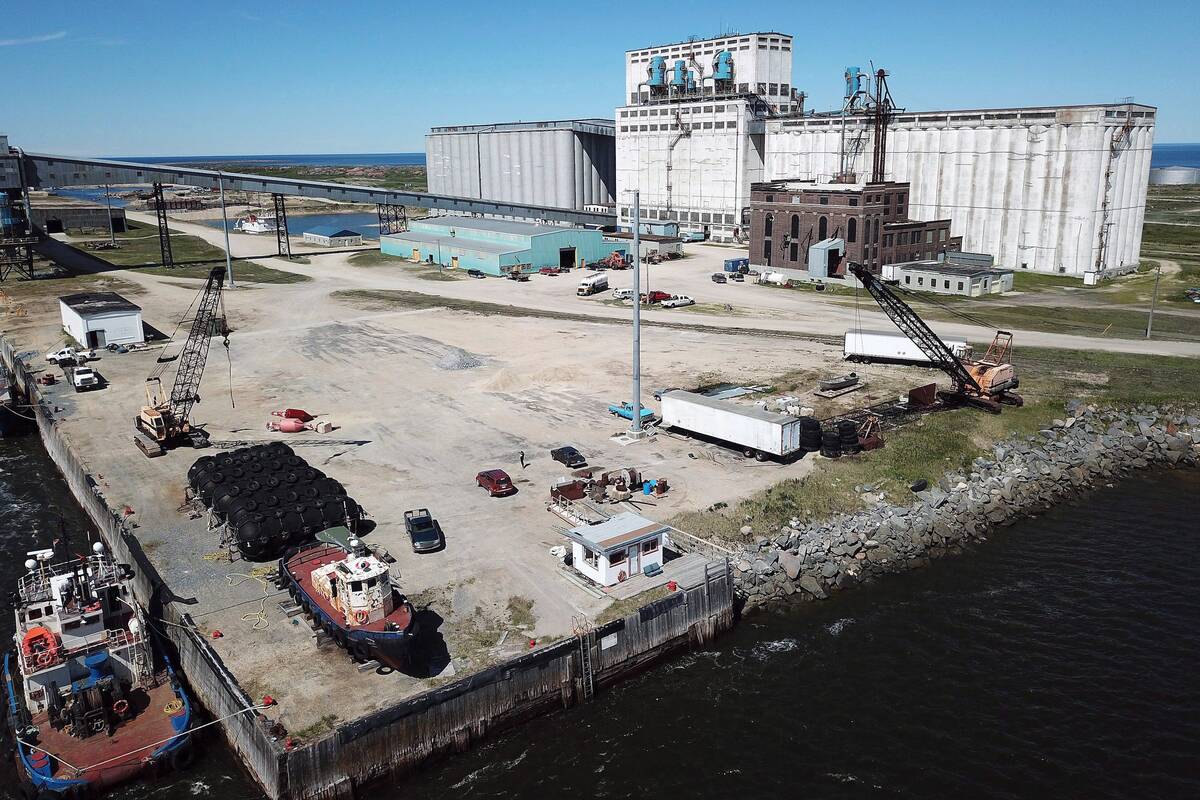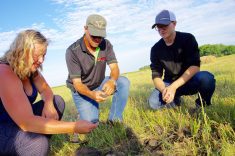Britain has restricted beef exports coming from farms in Northern Ireland that received contaminated animal feed from Ireland, and confirmed that no pigs were affected, European Union officials said Dec. 10.
British authorities had blocked beef shipments from nine pig and cattle farms and were carrying out extra tests to see if any Northern Irish processing plants had handled tainted pork from Ireland.
“These were mixed farms – pigs and cattle – and the feed was only given to the cattle,” one official at the European Commission said.
Read Also

Air, land and sea join forces as Manitoba launches Arctic trade corridor plans
Manitoba wants to take its Arctic trade routes to the big leagues. The Port of Churchill, CentrePort Canada and Winnipeg airport have all raised their hands to help it happen.
“The nine mixed farms have been blocked and they (British authorities) are testing,” she said. Initially, reports suggested that the nine farms only had pigs, with no cattle.
Animal feed tainted with cancer-causing dioxins was recently given to 10 pig farms in Ireland at levels about 100 times the maximum permitted in the EU. Irish authorities ordered the food industry to carry out a recall of all domestically produced pork products from shops, restaurants and plants.
The feed was also delivered to 38 cattle farms, and to nine farms across the border in Northern Ireland, which is part of the United Kingdom.
From an animal dietary point of view, the effect of giving dioxin-contaminated feed to cattle is much less than for pigs, officials say: meaning that the risk to human health from eating beef, rather than pork, products from such animals is lower.
The commission has praised Ireland for acting so swiftly, saying no more action is required at the moment.
Dioxins are accidental byproducts generated mainly through incineration by the chemical and pharmaceutical industries and can be absorbed through the skin or eaten in food.
















